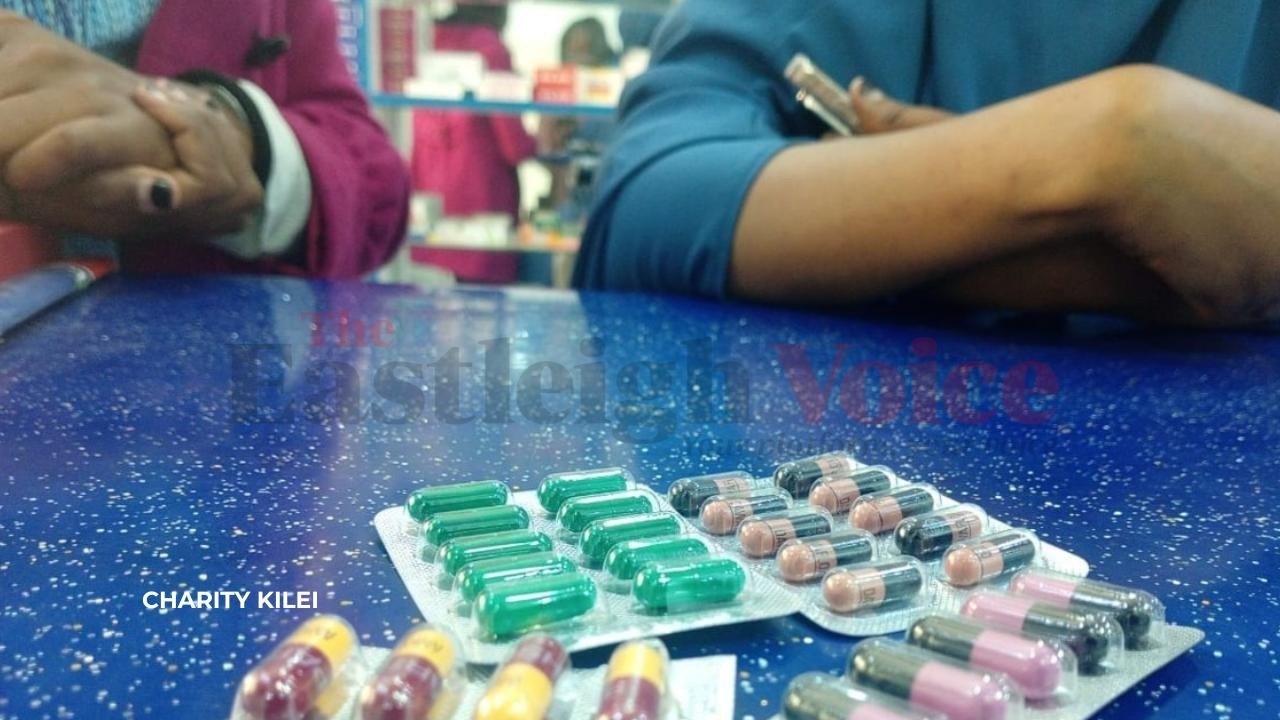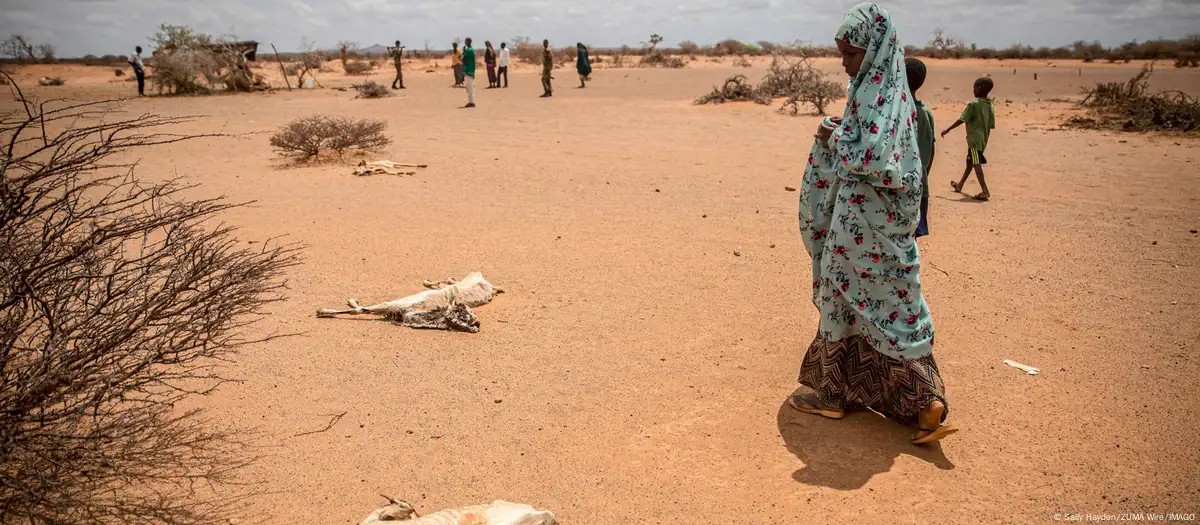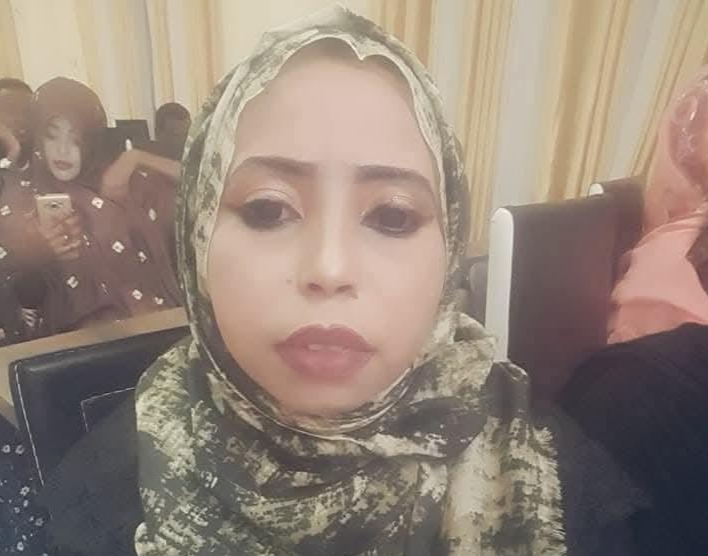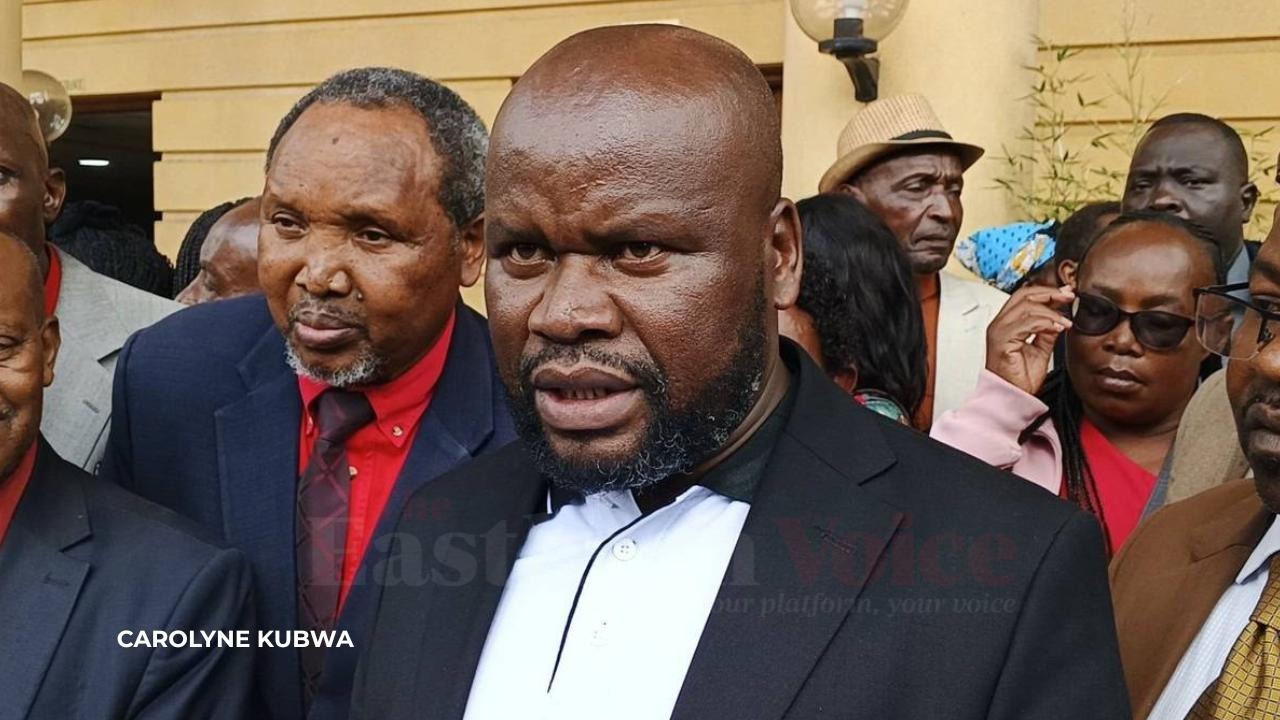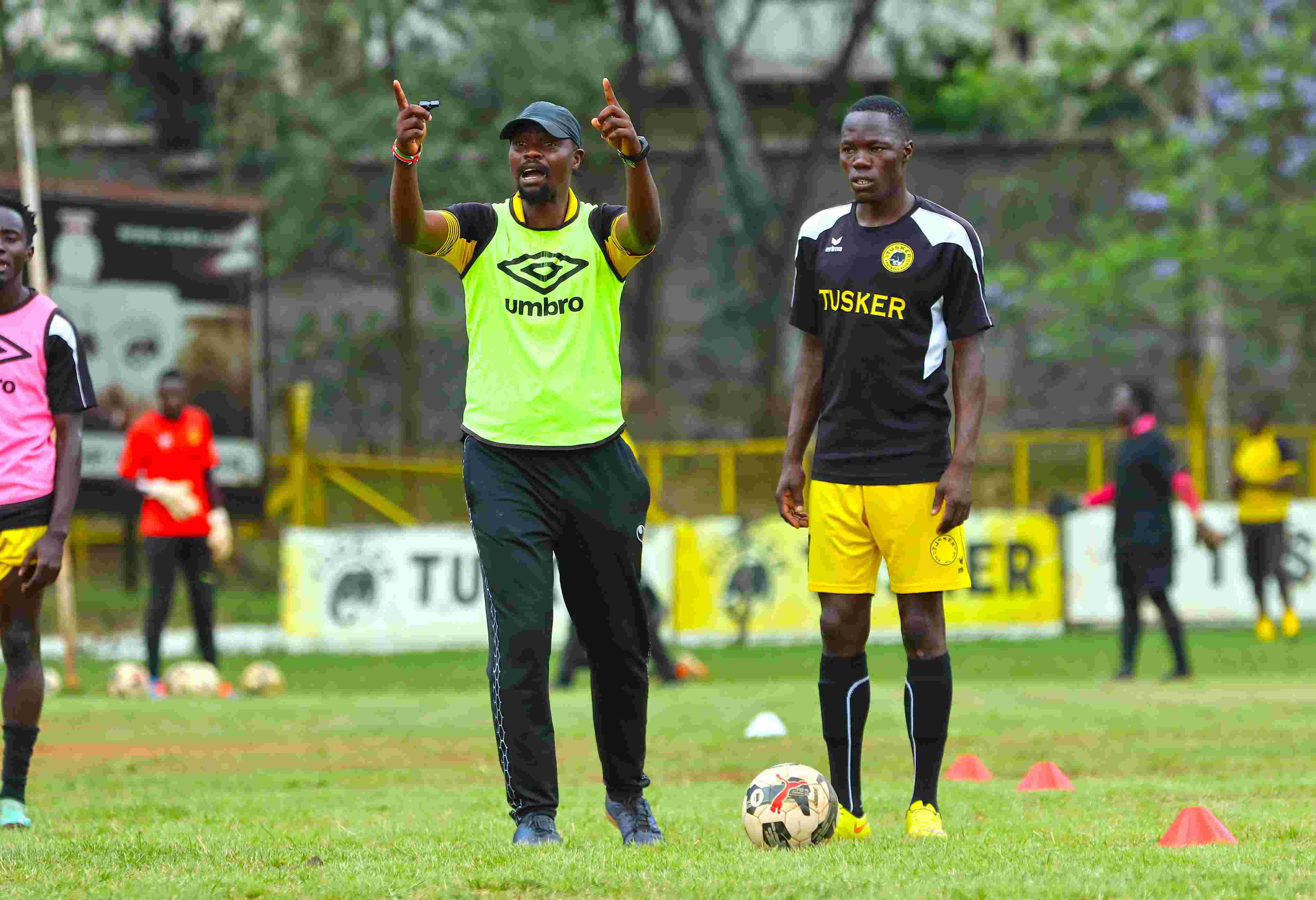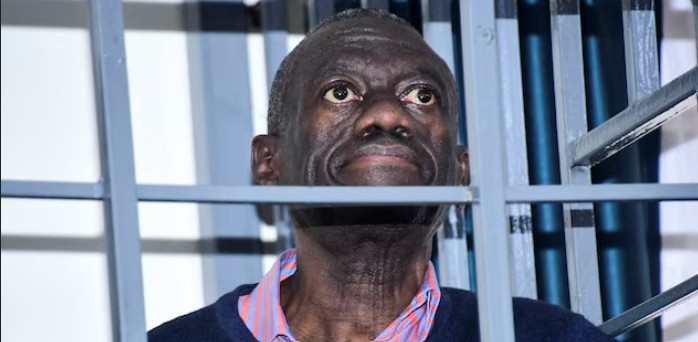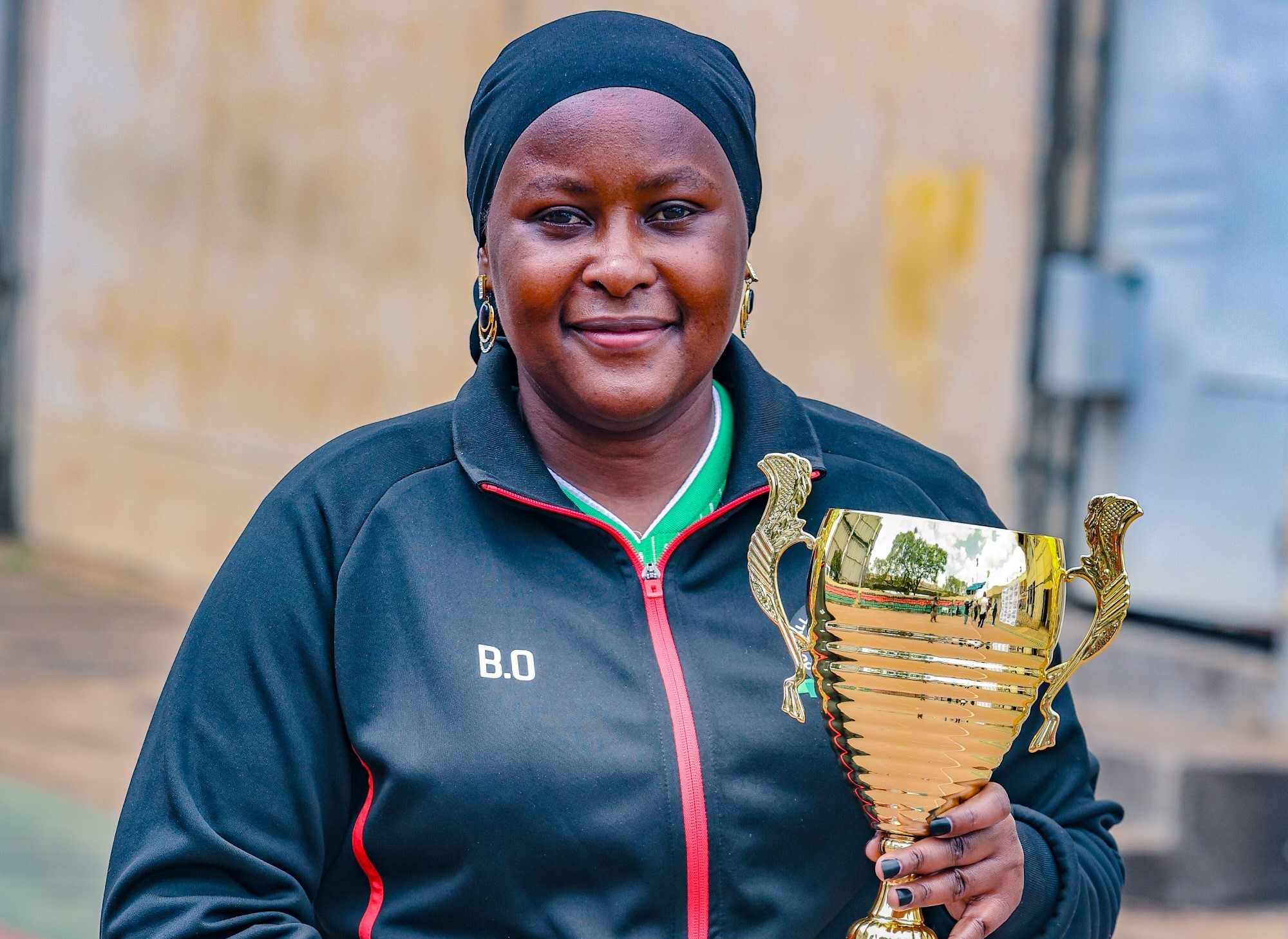Patients at risk as Malindi dialysis machines break down
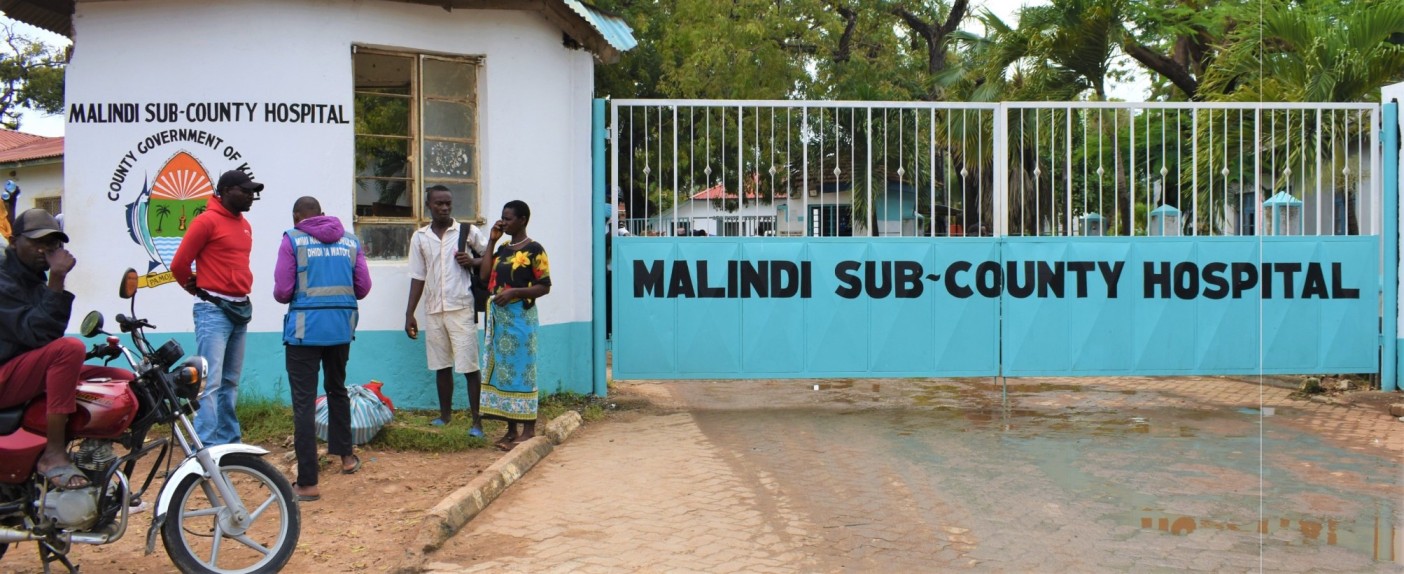
Out of the eight dialysis machines available, only one remains functional, forcing hospital staff to drastically reduce the duration and frequency of dialysis sessions.
A critical situation is unfolding at the Malindi Sub County Hospital, where nearly 50 kidney patients face severe health risks due to the failure of most dialysis machines in the hospital's renal unit.
Out of the eight dialysis machines available, only one remains functional, forcing hospital staff to reduce the duration and frequency of dialysis sessions.
More To Read
- SHA disburses Sh3 billion for emergency, oncology and dialysis services
- From wheelchair to walking: The miracle of dialysis that fuels a nurse’s passion in Eastleigh
- World Hypertension Day: How high blood pressure is killing a lot of Kenyans as it goes undetected
- Kenya takes historic step in kidney transplants as KUTRRH prepares for full procedures
- Fighting for life: The struggles and hope for kidney patients in Kenya
- Medics in Wajir raise alarm over rising cases of kidney failure in the region
Health workers at the hospital have been compelled to halve the dialysis time from the standard four hours to just two hours per session.
This reduction is aimed at accommodating as many patients as possible, as explained by representatives of the renal patients.
"Typically, each kidney patient requires at least two four-hour dialysis sessions weekly. Now, we are forced to undergo the process only once a week, with each session lasting just two hours,” said Stephen Angore, a patient at the facility.
The financial burden on patients has also intensified. Angore noted that most patients cannot afford the Sh12,000 per session charged by private health facilities, making the Malindi Sub County Hospital their only viable option.
Kidney patients at the Malindi Sub County Hospital say they are facing life-threatening situation due to the collapse of the dialysis machines in the hospital’s renal unit. pic.twitter.com/UpmsQrgj7t
— The Eastleigh Voice (@Eastleighvoice) July 15, 2024
He added that private facilities such as Tawfiq and Mephi hospitals demand upfront cash payments, citing issues with the National Hospital Insurance Fund (NHIF).
"The private facilities insist on cash payments because of their problems with the NHIF, but we simply can't afford that," he said.
The crisis started last year when five of the hospital's dialysis machines broke down. Despite the county government installing three new machines, these too have failed, leaving only one operational machine. However, this machine is not fully functional as it lacks a dialyzer.
Angore attributed the problem to the hospital's failure to maintain the equipment and urged Kilifi Governor Gideon Mung’aro to intervene. He described the severe health consequences faced by patients, including respiratory difficulties and swollen limbs, due to inadequate dialysis.
Abdulahi Golo, another patient, echoed Angore's concerns, claiming that fellow patients died due to the lack of adequate dialysis treatment. He called on the county government to prioritise the renal unit to prevent further loss of life.
Daniel Wambua also reminded Governor Mung’aro of his campaign promise to provide ten new dialysis machines and overhaul the county’s healthcare sector.
Meanwhile, Zilpah Wanje highlighted the ongoing issue of reagent shortages, which hampers the ability of healthcare providers to monitor patient progress, even when machines are operational.
Malindi Sub County Hospital Superintendent Dr. David Mang’ong’o acknowledged that there were problems at the renal unit but noted that the process of fixing it was on and would be completed by the close of business Monday.
Other Topics To Read
Dr Mang’ong’o, who spoke to the Eastleigh Voice over the phone, however, denied claims that the renal unit lacks dialyzers.
Top Stories Today
